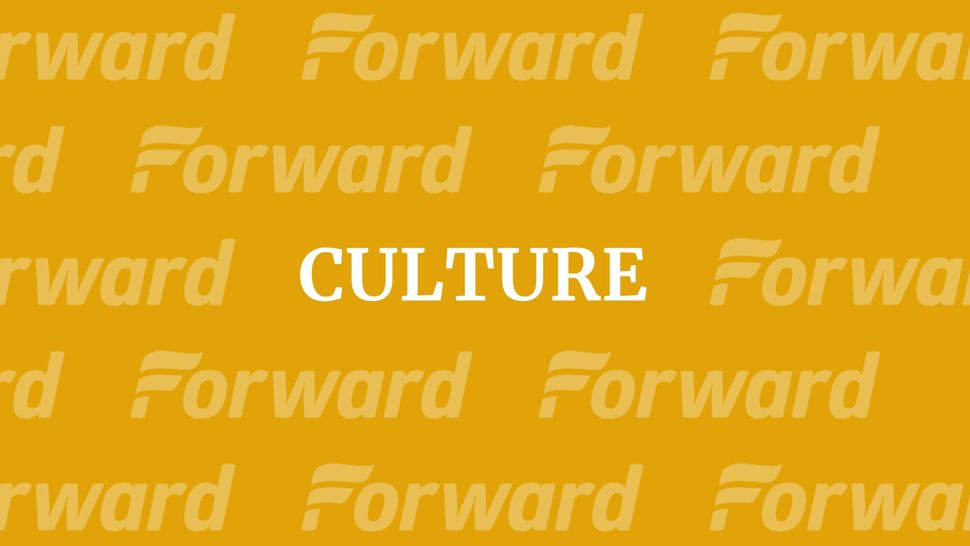Political Dissonance Among Russian Jews

Samantha Shokin
My boyfriend and I are standing on the downtown B express, hand in hand, laughing over the idle chatter of passengers and metal shrieks of the train car as it scrapes over the tracks beneath it. We are two young Russian-speaking Americans — that much I can say with certainty. To say that we are both Jews would be inaccurate, or in the very least, debatable. Depending on whom you ask, the answer will vary.
By some definitions, we are both Russian-Jews. Other definitions of “Jew” apply only to me. He says he’s not Jewish, I say that I am, but we are both atheists. He is an immigrant, I am not — but we both speak conversational Russian with relative fluidity. With so many labels floating around between us, the term “Russian-Jew” becomes increasingly complex.
As our commute home progresses onward, the light-hearted banter turns sour. Four out of five times when this happens, political opinions are the culprit. As a young person with any semblance of an opinion, it is virtually impossible to not find yourself in heated political discourse at one point or another, try as you might to avoid it.
And believe me, I’ve tried. As older Russian Jews tend to lean to the right, I’ve spurred many a household controversy trying to explain to my parents that, no, my professor is profoundly liberal, and, yes, I agree with much of what he says. At the same time, I’ve found myself feeling cornered and confused, professing to liberal-minded peers that, yes, I’ve lived in Israel, and no, I don’t hate the place.
I find that among young Russian Jews there is some amount of cognitive dissonance where politics is concerned, until an authority figure steps in to either persuade or indoctrinate our malleable minds at the critical moment: the transition into adulthood. How else can a young person form a sound opinion, when a cacophony of contradictory ones surrounds us on any given day?
The older generation of Soviet immigrants insists that Democrats are wrong because they fear an impeding trend toward socialism, the very system they fled. At the same time, Jews have conservative sentiments in regards to Israel, and vehement ones, at that. Their children, in keeping with the “American dream,” are urged to attend the best universities they can afford. Universities, particularly humanities programs, tend to lean left. From my experience, college gives you an opportunity to explore new ideas and invites you to be open-minded, but some older Russian-Jews of a certain age unfortunately see it as a pressure cooker for liberal propaganda.
This generation was largely brought up atheist or secular, as religion didn’t exist in the former Soviet Union. There are a host of programs that send Jewish (or specifically Russian-Jewish) young adults to Israel for free. Few pass up the opportunity to sign up for what is essentially an all-expense-paid vacation, even if their Jewish sentiments are fleeting or non-existent. Some return from these Birthright trips with newfound ties to Judaism and Israel. Some budding cynics are not swayed, and return to the states with stories about their 10-day excursion speaking as if it were a glorified PR campaign. But all return with their perspectives shifted at least slightly.
Samantha Shokin, 22, is a senior at NYU Gallatin concentrating in literary journalism. She was born in NYC and currently lives in Brooklyn with her mother and father, who emigrated from Ukraine and Lithuania, respectively.
A message from our Publisher & CEO Rachel Fishman Feddersen

I hope you appreciated this article. Before you go, I’d like to ask you to please support the Forward’s award-winning, nonprofit journalism so that we can be prepared for whatever news 2025 brings.
At a time when other newsrooms are closing or cutting back, the Forward has removed its paywall and invested additional resources to report on the ground from Israel and around the U.S. on the impact of the war, rising antisemitism and polarized discourse.
Readers like you make it all possible. Support our work by becoming a Forward Member and connect with our journalism and your community.
— Rachel Fishman Feddersen, Publisher and CEO























